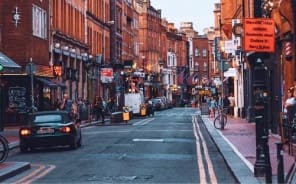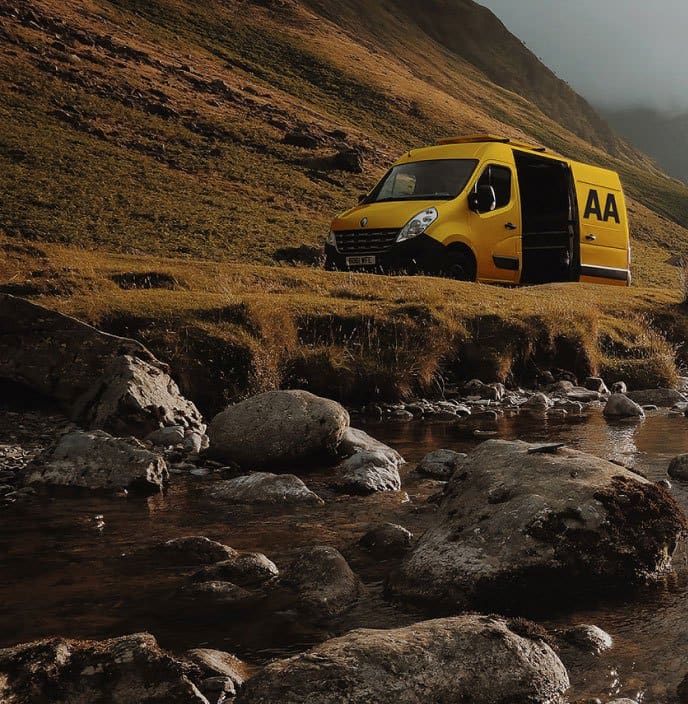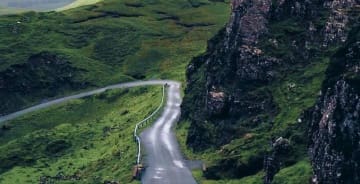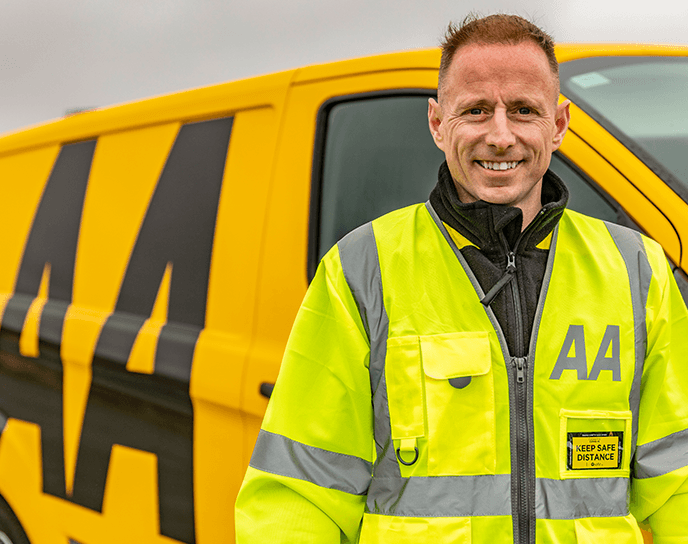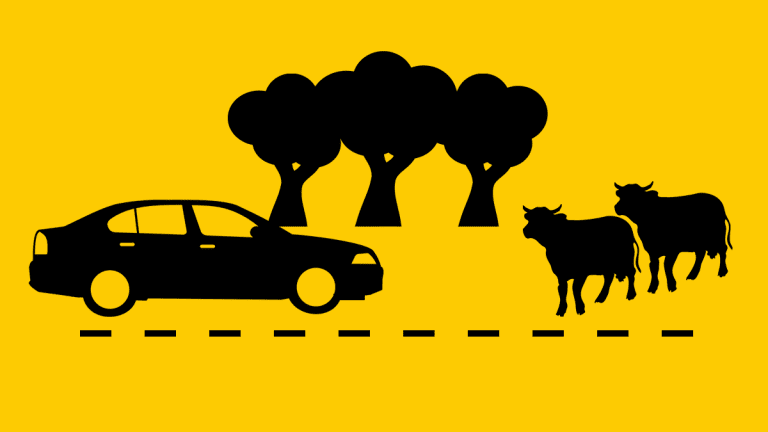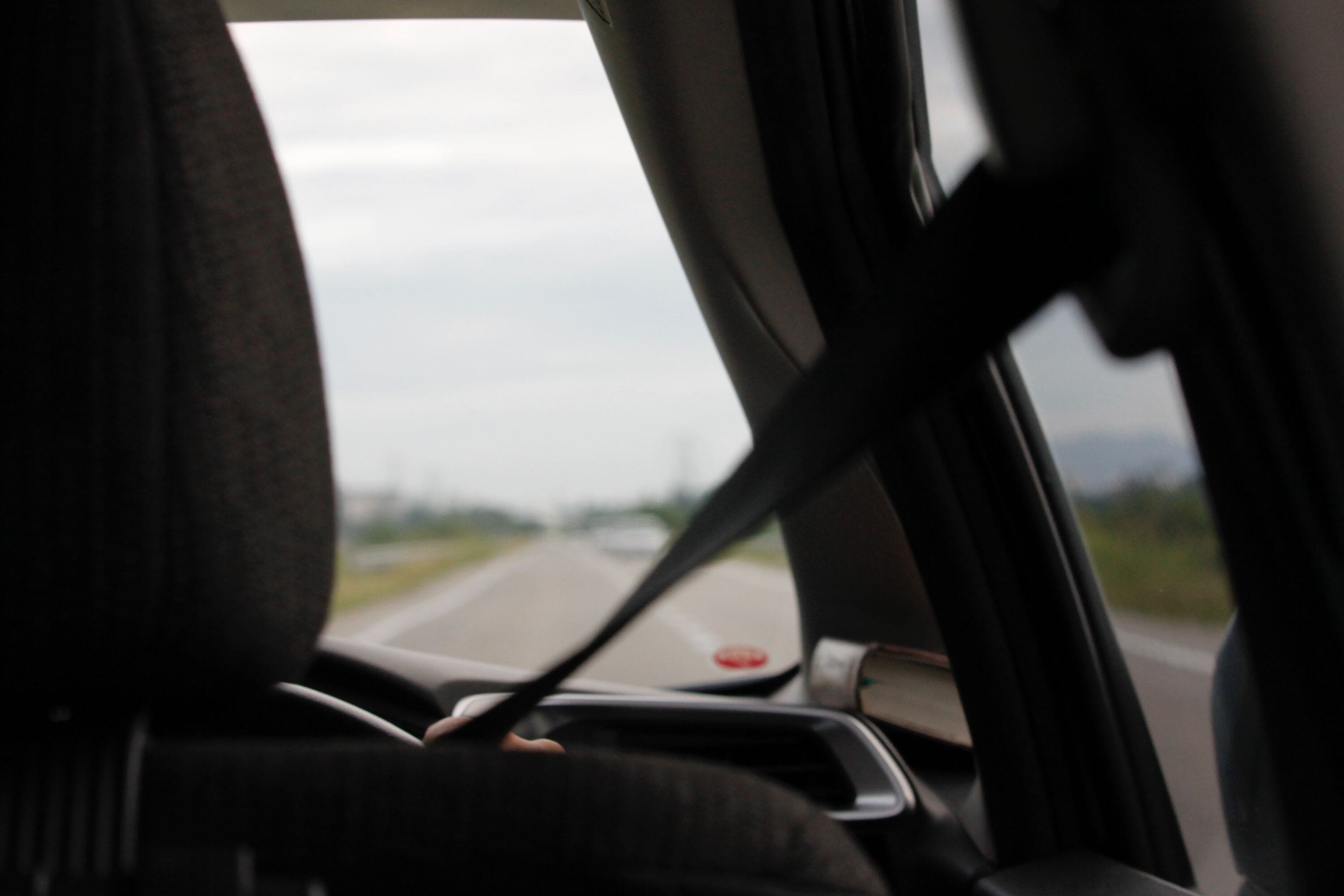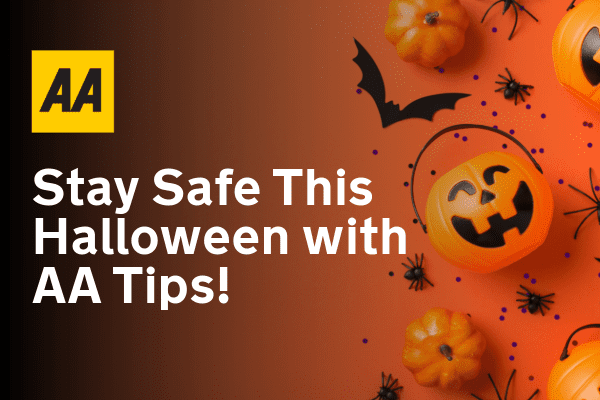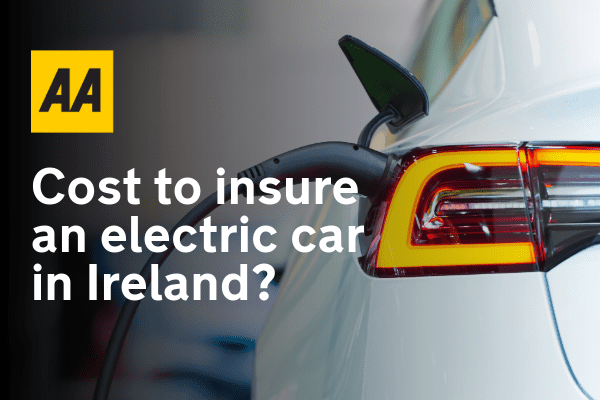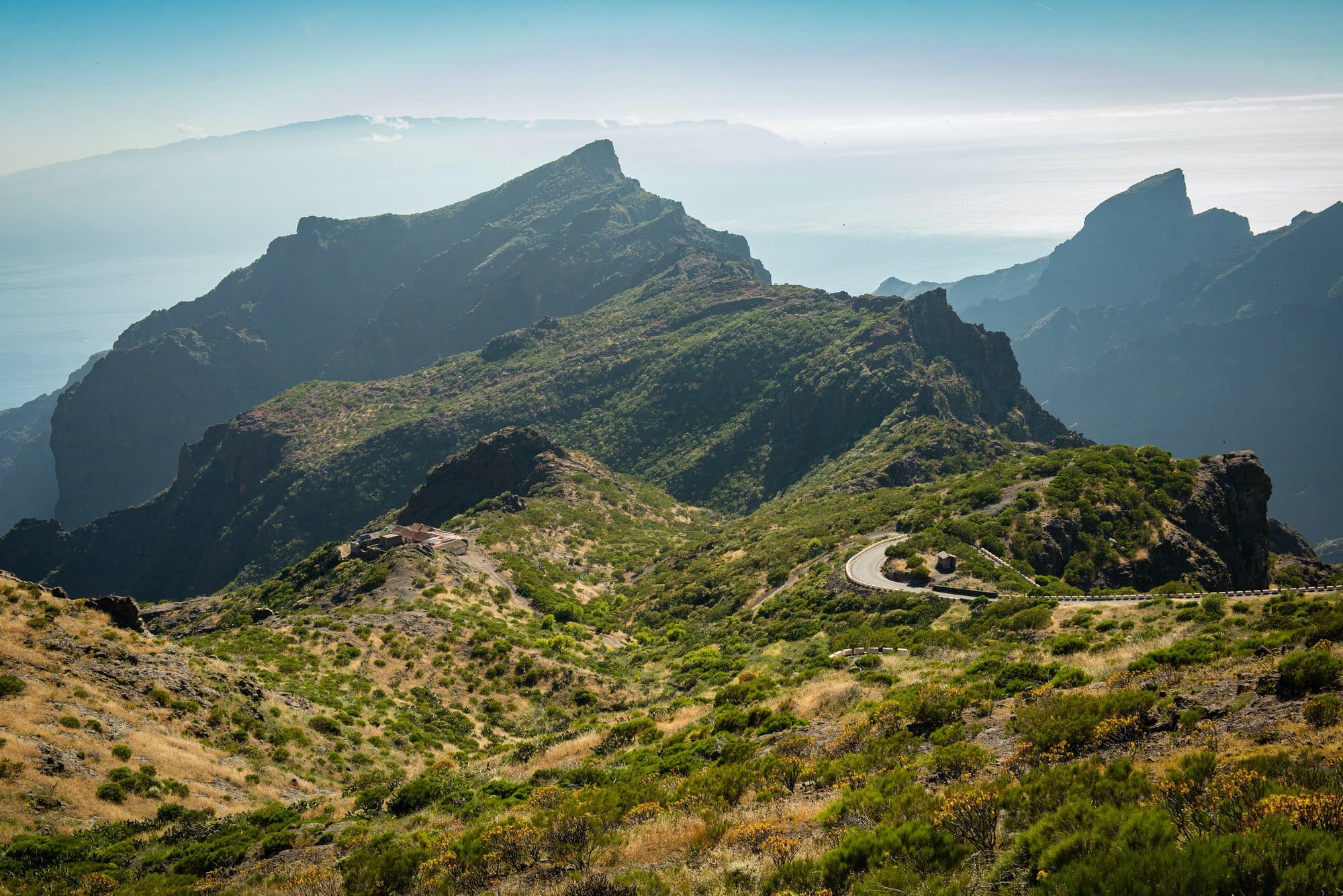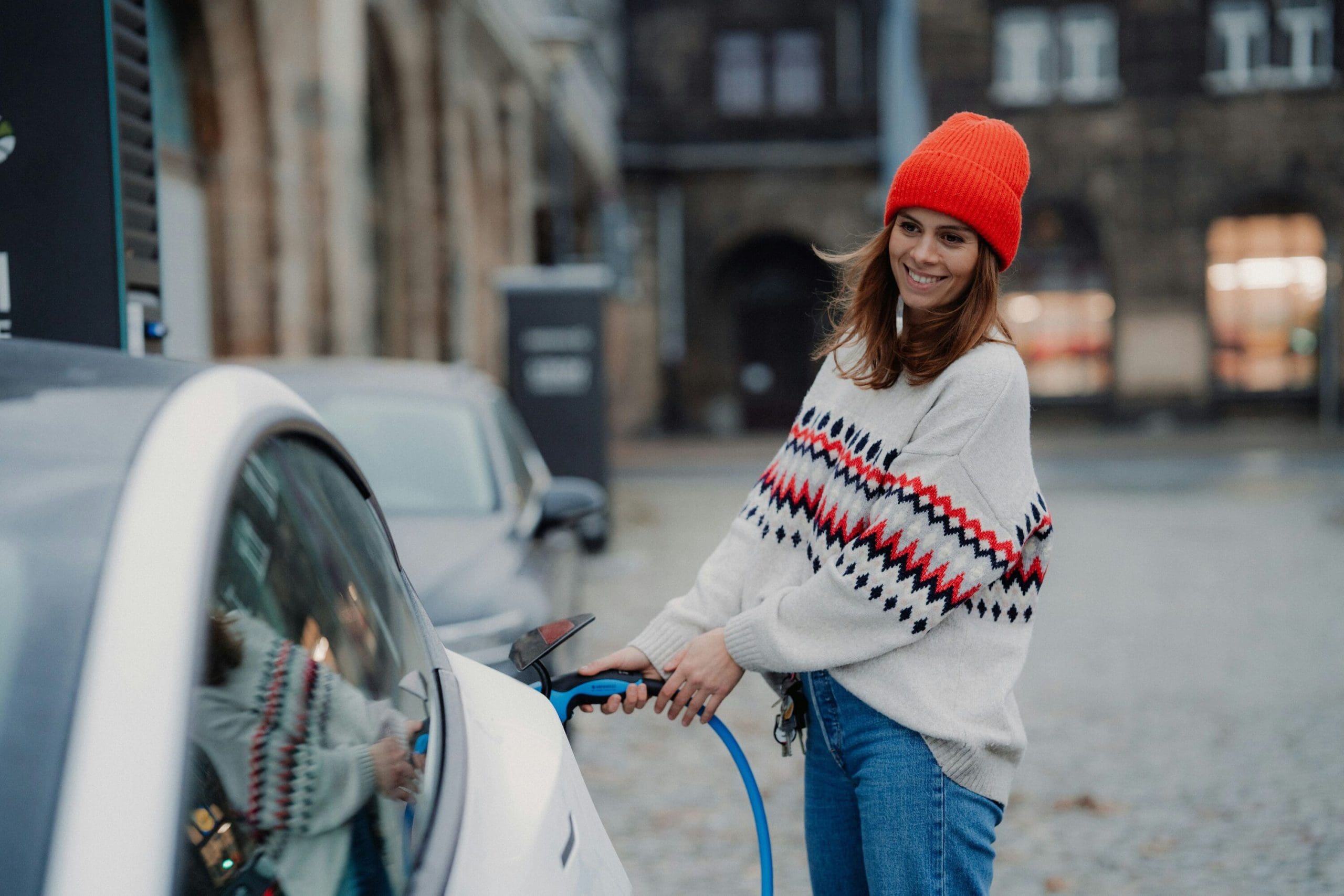Dogs, sheep, bulls, swans and even a peacock have found themselves in a sticky situation and strayed onto the roadway.
In 2017, an AA survey found that 13% of drivers had been involved in an incident with an animal in the previous 5 years. We’ll all probably come across an unexpected road-user at some stage, so it’s worth knowing what to do when that happens.

